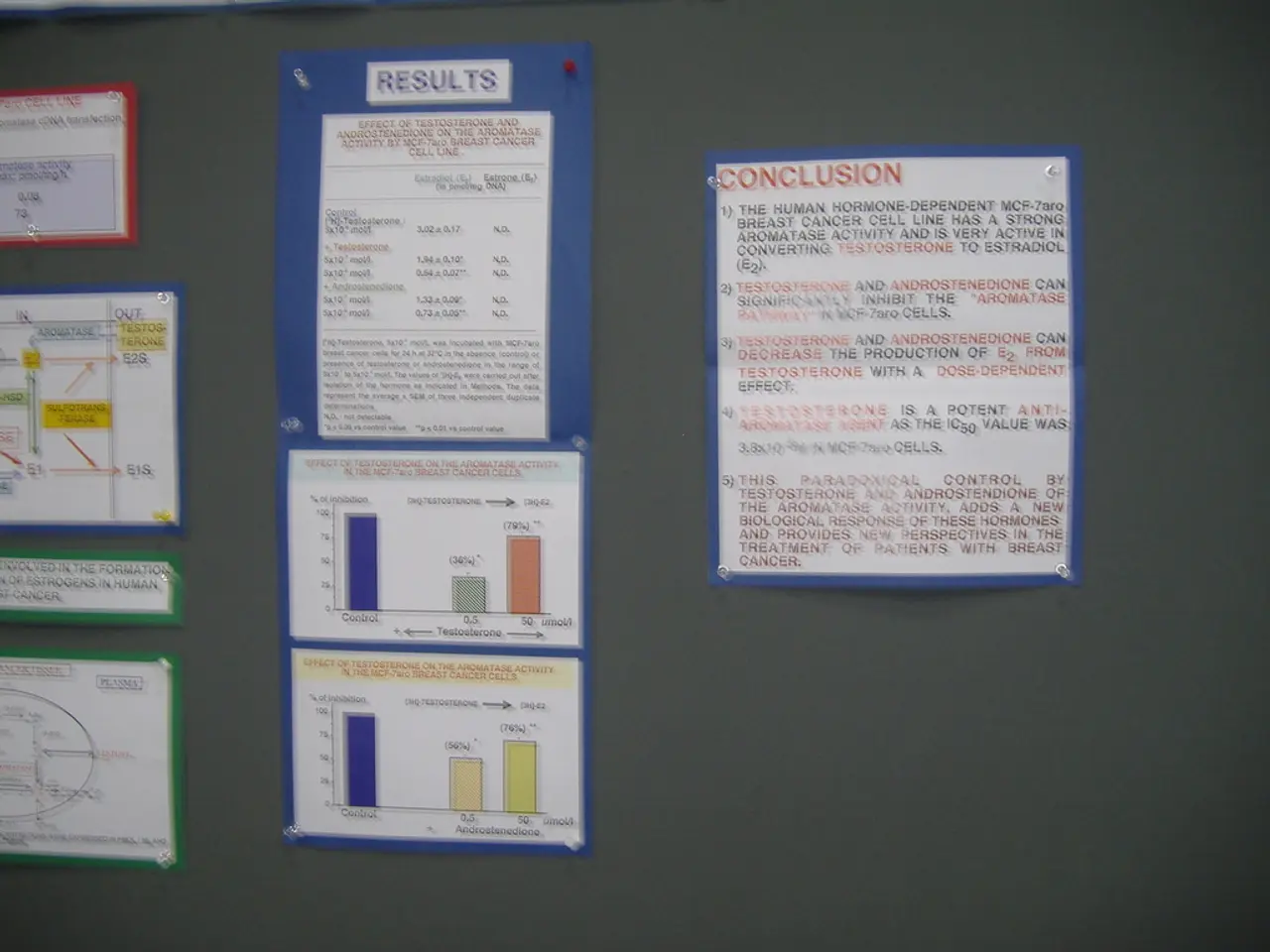Investment surpasses consumption without return
The long-term effects of the trade deal between U.S. President Donald Trump and European Commission President Ursula von der Leyen, alongside the EU's acceptance of abandoning certain World Trade Organization (WTO) rules, are proving to be a complex mix.
The agreement, which set a 15% tariff ceiling on most EU exports to the U.S., prevented a severe escalation into a trade war and immediate economic disruption. However, it has been criticized for leaving European exporters with higher costs, potentially harming EU competitiveness in the long run.
Some European leaders and economists have raised concerns that the deal is dangerously vague and that the EU "punched below its weight," compromising its negotiating position and leading to concessions that may weaken Europe's economic standing globally. The willingness to deviate from established WTO rules under this bilateral deal also introduces uncertainty about future multilateral trade frameworks and potentially undermines the EU’s rules-based trade order.
Moreover, this deal may have a distancing effect on EU-U.S. economic relations, as it was largely based on Trump’s terms and lacks the deeper integration typical of past agreements. The partial tariff reductions and lack of clarity in key sectors such as pharmaceuticals and steel further add to economic uncertainty for European businesses operating across the Atlantic.
The uncertainty, combined with the potential diversion from WTO regulations, may lead to fragmentation in global trade governance and could pressure EU industries to adjust to higher costs and regulatory complexity.
In the economic landscape of Europe, the effects of the trade conflict are becoming more apparent. Germany, one of the major European economies, has seen a slight decline in economic performance in the second quarter compared to the first. Industrial production increased in May, but most of this increase was due to Ireland. Exports from the euro area fell again in May, adjusted for season.
Despite these challenges, economic optimism among economists has increased further in July, suggesting a resilience in the face of adversity. However, the impact on France and Italy's economies is predicted to be smaller, as they are less dependent on exports.
In Germany, investment remains weak, reflected in a low credit demand. Domestic demand remains "without momentum," and construction production has decreased. Berlin's promises of growth boosters and infrastructure billions are improving the mood in the private sector, according to Chancellor Friedrich Merz.
The Institute for Macroeconomics and Economic Research (IMK) emphasizes that demands for cuts in social security, labor protection standards, or forgoing noticeable improvements in the minimum wage are going in the wrong direction to avoid undermining the positive domestic impulse.
Meanwhile, the "Made for Germany" alliance of large corporations promises additional billion-euro investments, but is also pushing for swift reforms to their liking. The breach with economic principles is already showing first critical effects, such as Qatar threatening to halt supplies of liquefied natural gas if the EU does not remove certain climate protection requirements from the supply chain directive.
In conclusion, while the trade deal has provided more planning security, its long-term economic consequences might include reduced EU competitiveness, increased trade costs, and disruption to the multilateral trade system that the EU has traditionally supported. The EU's acceptance of abandoning WTO rules could have more significant consequences in the long run, potentially leading to fragmentation in global trade governance and pressuring EU industries to adapt to higher costs and regulatory complexity.
- The trade deal between U.S. President Donald Trump and European Commission President Ursula von der Leyen, as well as the EU's decision to abandon certain World Trade Organization (WTO) rules, has raised concerns in the realm of politics and general-news, as its long-term effects might include reduced EU competitiveness, increased trade costs, and potential disruption to the multilateral trade system.
- The agreement's impact on business is also significant, as the uncertainty of future multilateral trade frameworks and the potential diversion from WTO regulations may lead to fragmentation in global trade governance, pressing European exporters to adjust to higher costs and regulatory complexity, leading to questions about EU business competitiveness in the global market.




